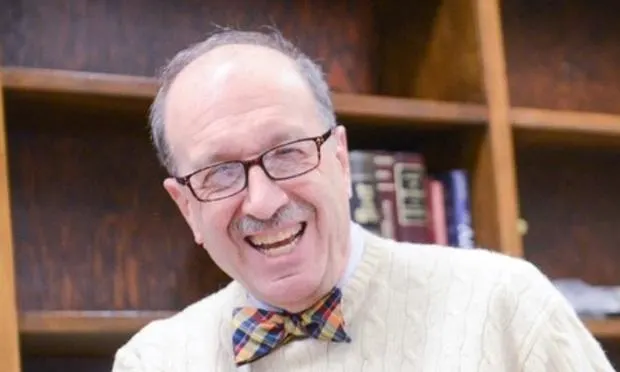
Justice Charles Ramos, recently retired from the New York State Supreme Court, has started an alternative dispute resolution business with Orna Artal, his former principal law clerk. (Photo: David Handschuh/ALM)
Justice Charles Ramos, recently retired from the New York State Supreme Court, has started an alternative dispute resolution business with Orna Artal, his former principal law clerk. (Photo: David Handschuh/ALM)
Pointing to more than a decade of experience in resolving complex business disputes inside chambers through negotiation, newly retired Manhattan Supreme Court Commercial Division Justice Charles Ramos and his former law clerk have launched their own mediation and arbitration firm.
Ramos—who says he disposed of 14,000 matters, including 10,000 commercial cases, in a 35-year judicial career—and his former principal clerk view the firm as a means of continuing, and capitalizing on, a “tag-team” method developed over the years that they say efficiently helped many parties resolve long-lasting and expensive cases.
“I think what we’re doing is we’re trying to duplicate what we did in court,” Ramos said in a recent interview at his post-retirement chambers inside the Manhattan Supreme Court courthouse, where he will still work on certain active Commercial Division cases as a Judicial Hearing Officer.
The goal of the two-person firm, said both Ramos and former principal law clerk Orna Artal, will be to help parties preserve business relationships by getting them out of entrenched, often bitter litigation.
When acting as Ramos’ assistant law clerk, from 2005 to 2008, and then principal law clerk until Ramos’ December retirement, Artal and Ramos would often “build a wall” between them in the earlier stages of commercial suits that flooded Ramos’ chambers as a senior judge in Manhattan Supreme Court’s Commercial Division.
Artal would act as the “good cop” and try to effectively mediate and settle disputes in an effort to both help the parties and clear the docket, they said. Ramos would not take part in those discussions. But if progress couldn’t be made, he would often enter the discussions to use both his legal expertise and authority to try and resolve the case outside of the courtroom.
“Good cop, bad cop, it’s worked,” Ramos said. “We must have this incredible record of being efficient” in resolving cases, he added.
